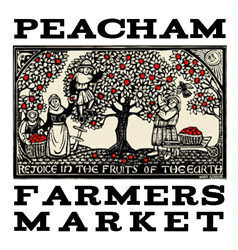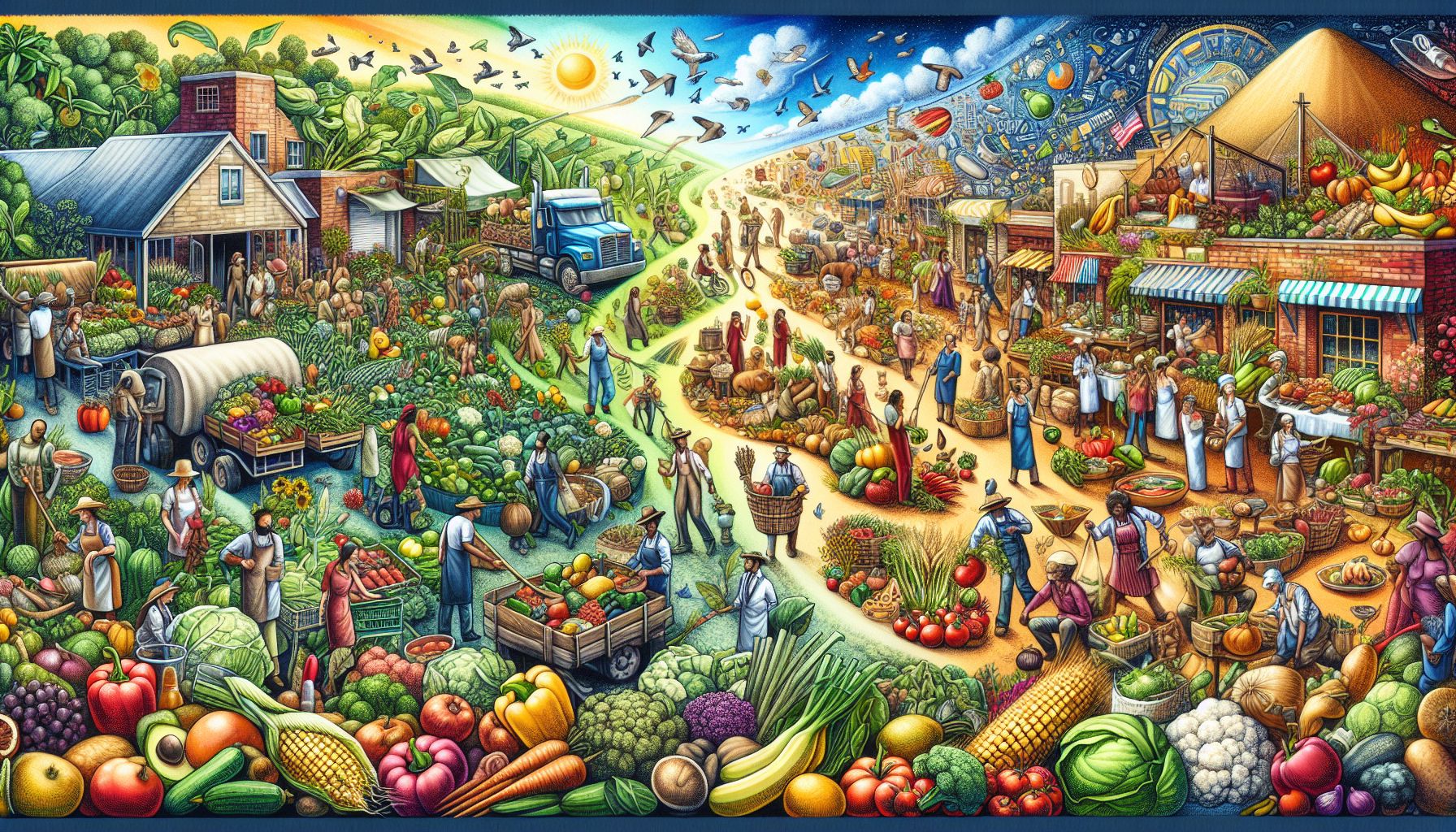Food is so much more than just sustenance; it is a reflection of our culture, our family traditions, and our way of life. At the heart of it all lies farming, the driving force behind our meals. However, as agriculture continues to evolve, we must consider the impact it has on the environment and the challenges faced by modern farmers. In this blog post, we will explore the latest trends in sustainable agriculture, the issues faced by farmers, and the crucial role of farming in preserving our food culture.
 Sustainable Farming: Nurturing the Land for Generations to Come
Sustainable Farming: Nurturing the Land for Generations to Come
In recent years, there has been a growing focus on sustainable farming practices to address the negative impact of traditional agriculture on the environment. Sustainable farming involves using techniques that support the long-term health of the land, such as organic farming, crop rotation, and minimal tillage. These methods help to reduce soil erosion, preserve biodiversity, and minimize the use of harmful chemicals.
Moreover, sustainable farming not only benefits the environment but also the farmers themselves. By using natural methods, farmers can decrease their production costs and maintain the fertility of their land, leading to higher yields in the long run.
Embracing Technology: The Role of Innovation in Agriculture
Technology has opened up new possibilities in the farming industry, helping to increase efficiency and reduce waste. With the use of automation, sensors, and data analysis, farmers can make more precise decisions regarding crop management, irrigation, and pest control. This not only saves time and resources but also ensures the production of high-quality, sustainable crops.
Furthermore, technology has also paved the way for vertical farming, where crops are grown in stacked layers using artificial lights, reducing the need for vast stretches of agricultural land. This method is gaining popularity in urban areas, providing fresh produce close to consumers while minimizing transportation and carbon emissions.
The Challenges Faced by Modern Farmers
Despite the many benefits of sustainable and technologically advanced farming, modern farmers still face significant challenges. Climate change, water scarcity, and fluctuating market prices all take a toll on farmers’ livelihoods. Additionally, the average age of farmers is increasing, and there is a lack of interest among the younger generation to take up farming. These issues highlight the need for support and innovation in the agricultural sector to ensure the sustainability of our food systems.
The Importance of Food Culture in Preserving Our Agricultural Heritage
Food culture goes beyond just eating; it is a reflection of our history, traditions, and values. Every dish has a story, and it is through these recipes that we can preserve our cultural heritage. However, as we become increasingly reliant on convenience and processed foods, we risk losing the connection to our agricultural roots.
One way to preserve our food culture is by celebrating local produce and traditional recipes. By supporting small-scale farmers and farmers’ markets, we can promote sustainable agriculture while also keeping our cultural traditions alive.
The Future of Farming: A Vital Component of Sustainable Living
As we look towards the future, it is evident that the role of farming extends beyond just producing food. It is about finding a balance between feeding the world’s growing population, supporting the livelihoods of farmers, and protecting the environment. Sustainable farming practices, embracing technology, and preserving our food culture are all crucial components in achieving this balance.
In conclusion, farming and food culture are intertwined, and by embracing sustainable practices and innovation, we can ensure that future generations can continue to enjoy and preserve their cultural heritage. As consumers, by supporting local and sustainable agriculture, we can play our part in shaping a more sustainable future for all. So, the next time you sit down for a meal, take a moment to appreciate the journey from farm to table, and the hard work that goes into each and every dish.

